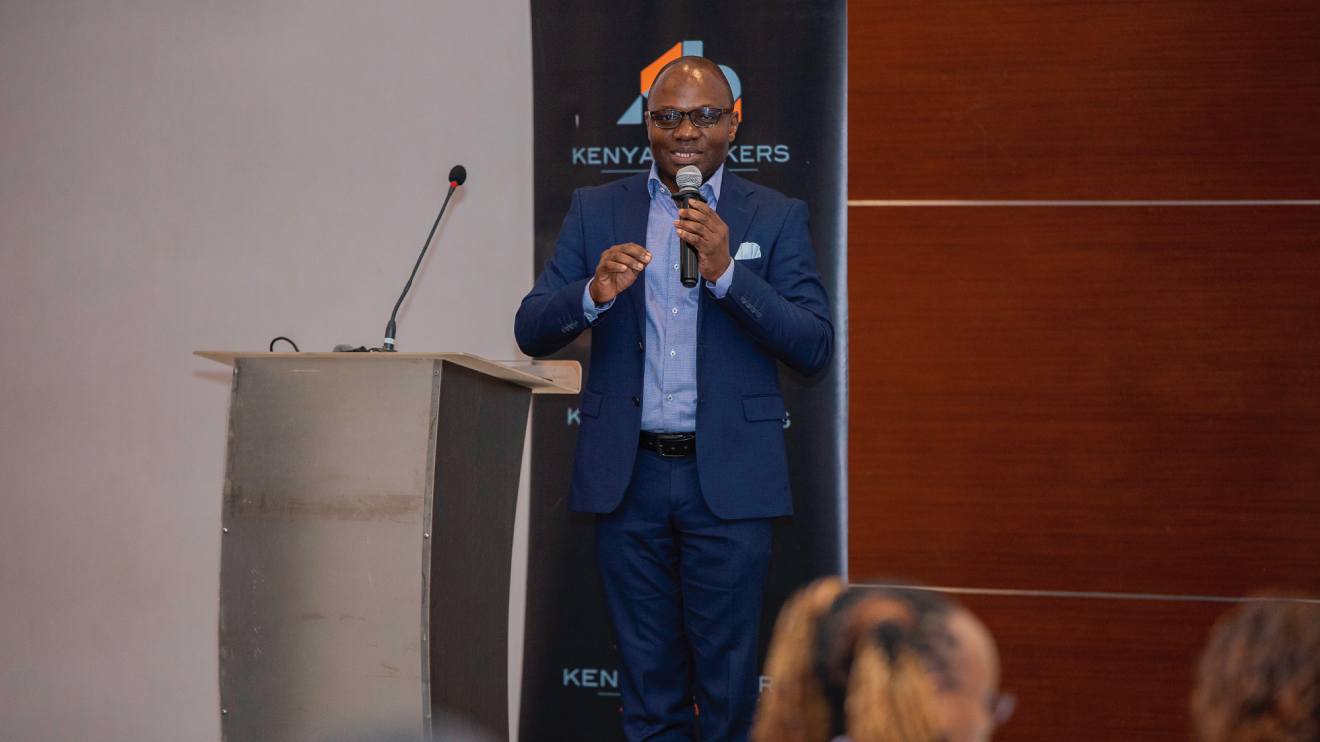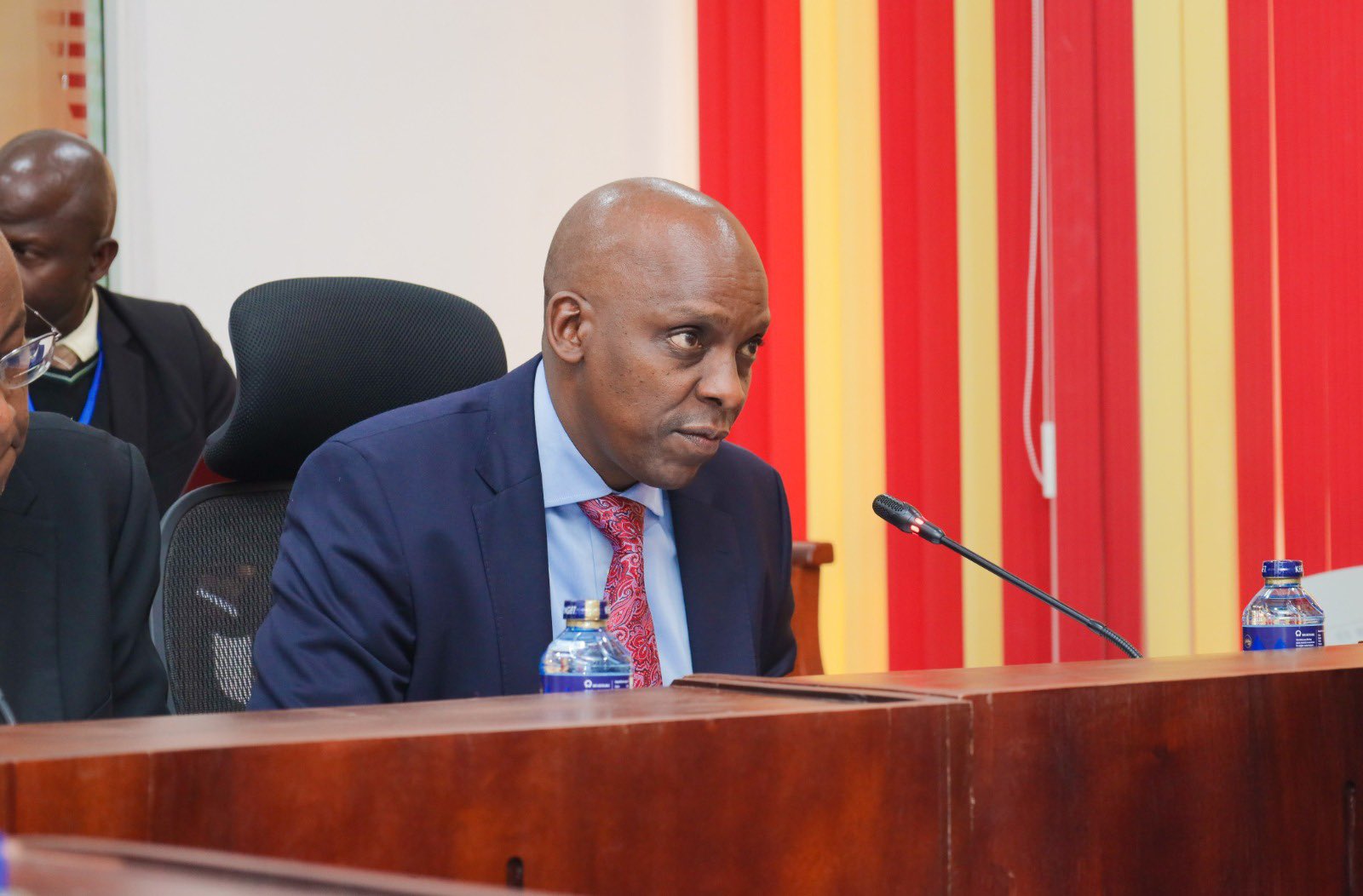Pamella Makotsi Sittoni started her career by writing feature articles for a Kenyan national newspaper while she was in her second year at University. She has not looked back since.
In 1993, after she completed her post-graduate studies in journalism, she joined Nation Media Group (NMG) as a reporter.
The long and torturous journey to her dream has seen her rise in the profession to her current position as the NMG Executive Editor and Managing Editor of the Daily Nation.
“I was a Reporter for slightly over a year before I became a Sub-Editor. I was later promoted to Assistant Deputy Chief Sub-Editor, then Deputy Chief Sub-Editor and later, Chief Sub-Editor.”
In 2003, she took a big leap of faith in her career and left NMG and took up the position of Deputy Managing Editor at the rival Standard Group Limited.
Read More
“It paid off as I was appointed Managing Editor of the Standard in 2005. Although I was celebrated as the first woman in Kenya to hold the position of Managing Editor of a daily newspaper, the opportunity came with challenges.”
But she realized the culture and management style in the two media houses was bluntly different and started to struggle with her purpose and questioned her work’s impact.
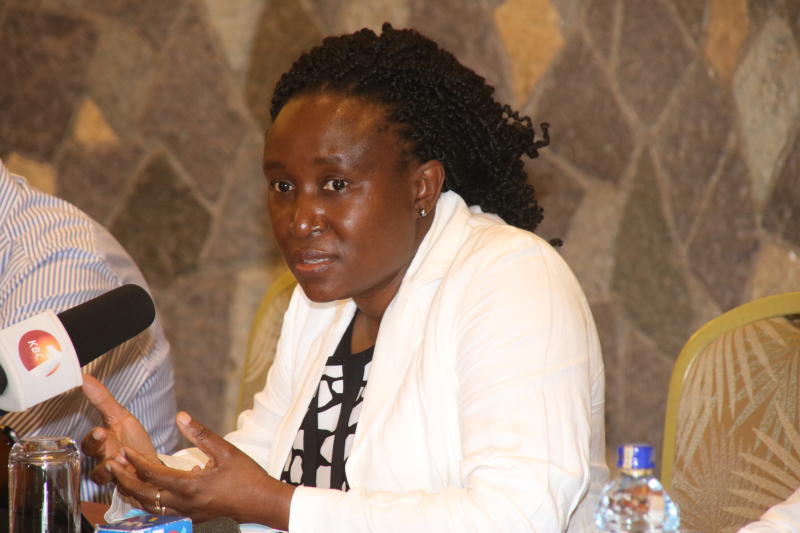 Pamella Sittoni. PHOTO/COURTESY
Pamella Sittoni. PHOTO/COURTESY
She opted to quit the media entirely.
“In 2006 I joined UNICEF, where I worked as a Communication Specialist for six years before journalism came calling again. UNICEF had a big impact on me. My time with the agency was both a humbling and learning period. UNICEF works in some of the most marginalised parts of the country, and my stint with the agency enabled me to see first-hand and document the inequity in Kenya.
“Phrases like: A child in one part of the country is four times more likely to die before the age of five than one from another part, made more sense. I learnt a lot about child survival, education and child protection. I learnt about simple initiatives that could save children’s lives.”
While she appreciated the hurdles people face in Kenya, she developed a new respect for the brilliant and committed civil servants who make real sacrifices to serve fellow Kenyans in hardship areas.
“I experienced the power of advocacy and communication. In 2007, we mounted a leadership campaign for children whereby we got candidates to make an undertaking to commit resources towards and pledge to advocate for the fulfilment of children’s rights if they got elected.
“After the elections, we followed up with a meeting with some of the elected leaders and made presentations on the situation of children in the country. As a result, we secured commitments from them to support Motions and Bills in favour of children. This campaign was quite rewarding professionally.”
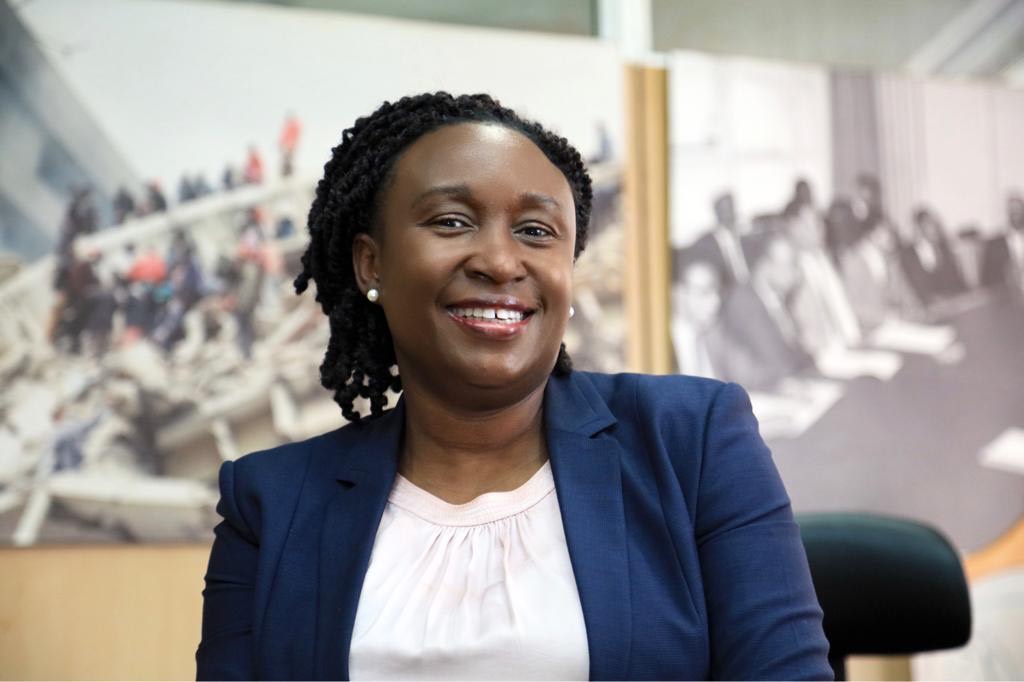 Pamella Sittoni. PHOTO/COURTESY
Pamella Sittoni. PHOTO/COURTESY
In 2012, she renewed her vows with the media and re-joined the Nation Media Group as Managing Editor of The East African.
“At the time, it felt like the pinnacle of my career. The East African is a niche newspaper that speaks to policymakers, business leaders, academics, professionals and political leaders across the region. When it was launched in 1994, I was a Sub-Editor on the Daily Nation, and I thought it was the ultimate in journalism. The Managing Editor then, did not hire just anybody to work on it.
“To be appointed Managing Editor of such a premium publication was a real honour for me. It was difficult to edit because we were producing content for readers who were more educated, more knowledgeable, more experienced, and more enlightened than us. Whenever I introduced myself as the editor of The East African, people would undoubtedly throw a compliment my way. I was pretty humbled when President Paul Kagame told me during an interview that he might fail to read other newspapers but would not miss to read The East African.”
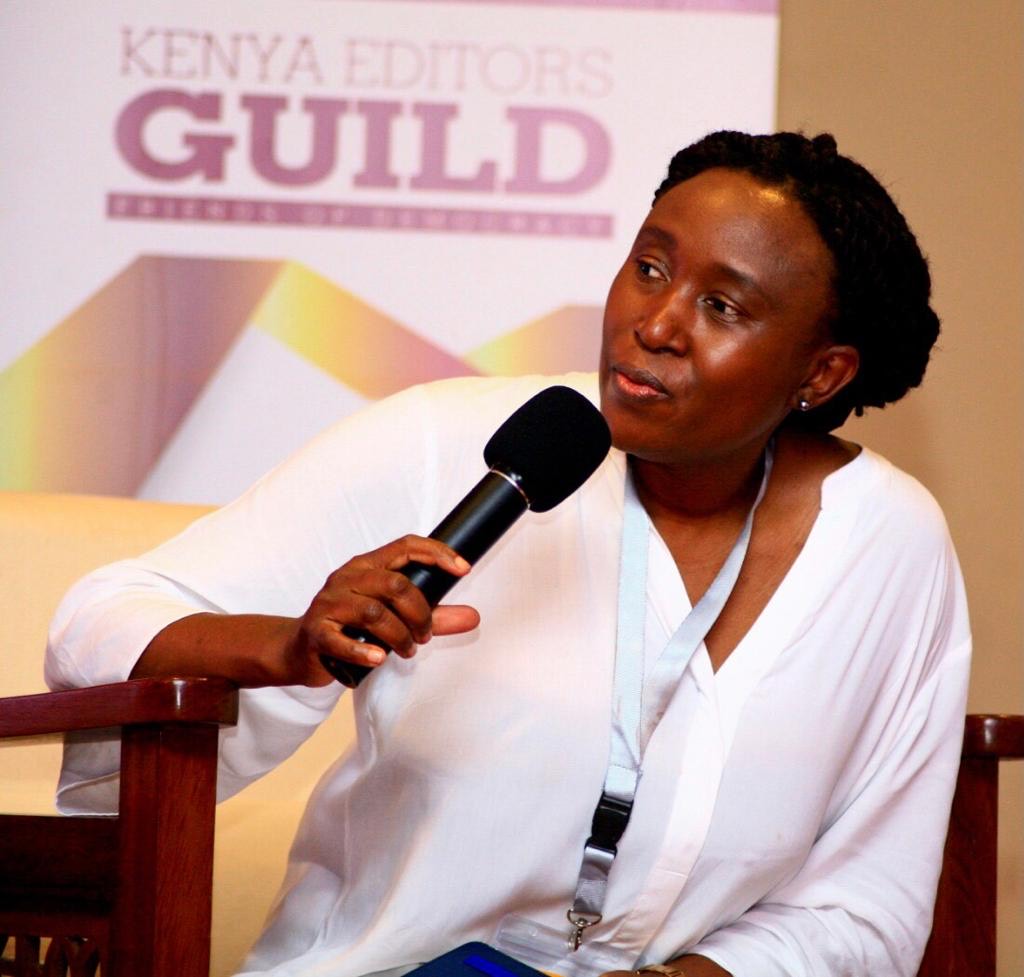 Pamella Sittoni. PHOTO/COURTESY
Pamella Sittoni. PHOTO/COURTESY
A lot was expected of her and her team so she had to ensure they made sense to their readers by giving them insightful analysis on regional integration, politics, business, health and science, and arts and culture.
“I was so immersed in editing The East African, I did not see the appointment to Executive Editor and Managing Editor of the Daily Nation coming.”
In 2019, she was appointed the Group Executive Editor and Managing Editor of the Daily Nation, becoming the first woman to hold such a position at Nation Media Group.
“I have been editor of the Daily Nation since January 2019. Although I had edited a daily newspaper before, editing the Daily Nation demands a lot more because of the special place of the newspaper in Kenya. It has maintained a reputation as an independent publication and publishes only the truth since its launch more than sixty years ago.
“It is one of the most respected publications in the world. I must, therefore, only make it better. I must always be on my guard and careful to make the right judgement call on what to publish. Thankfully, I work with a great team, and we have a robust editorial policy to guide every decision. I’m also strongly grounded in my values.”
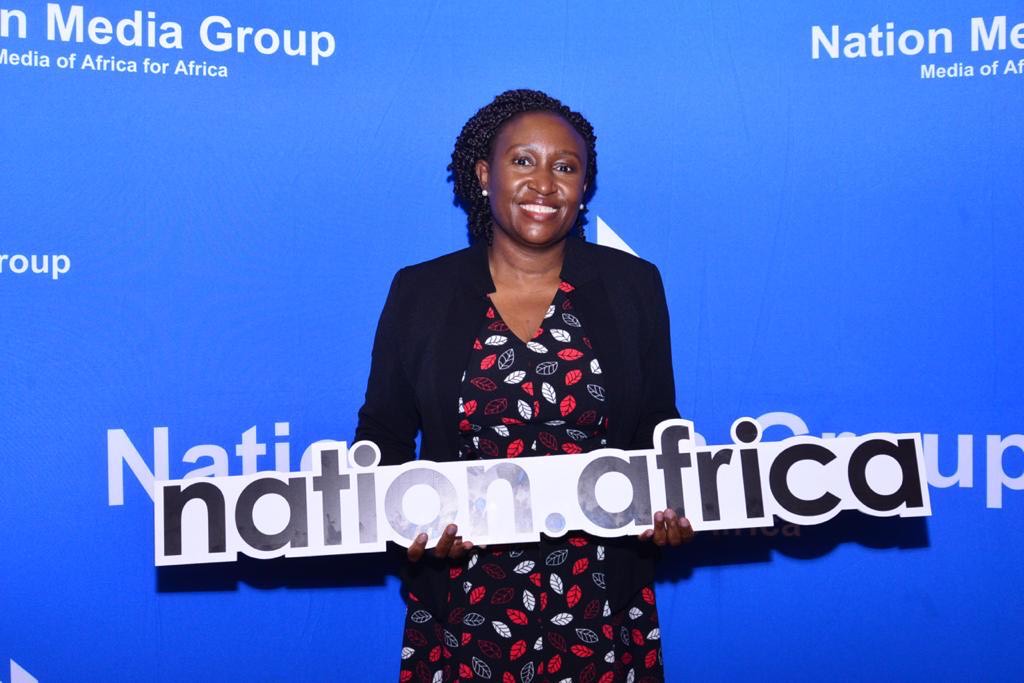 Pamella Sittoni. PHOTO/COURTESY
Pamella Sittoni. PHOTO/COURTESY
Each day at the Daily Nation is a great moment for her because of the constant production and dissemination of content that seeks to create a positive impact on the society.
“We wake up in the morning, review the previous day’s work and plan for the next day. For me, I sleep well when I go home convinced that I have put out the best newspaper possible that day. We never take for granted that thousands of Kenyans choose to spend their money on the newspaper and now on our content on Nation.Africa.
She says the work her team has done and continues to do gives the readers better value for their time and money.
“Last year (2020), for example, the Covid-19 pandemic notwithstanding, we redesigned and relaunched the Daily Nation. Not only did we give it a new look and feel. We improved the content and introduced new pull-outs.
“We launched Powering SMEs, a magazine that showcases the opportunities and discusses the challenges in the small and medium enterprise sector. We also launched The Voice, a monthly magazine for women, and Higher Education, one that focuses on higher learning in Kenya.”
Pam, as she is fondly referred to in the newsroom, has won many awards including the Women in News Editorial Leadership Awards, the 2017 Laureate for Sub-Saharan Africa and is a fellow of the Aspen Global Leadership Network Initiative.
“Awards are an affirmation of one’s efforts. The award tells you that you’re doing something right and that your efforts have been noticed. I won my first professional award in 1996 as a sub-editor here at Nation Media Group. The Excellence Award was a major morale booster. It was the signal I needed to know that my seniors had taken note that I stood out from the pack. It gave me confidence and inspired me to be a thorough editor.”
She says the Women in News Editorial Leadership Award, which recognises outstanding women leaders in media, was a major affirmation for her and her hard work over the years.
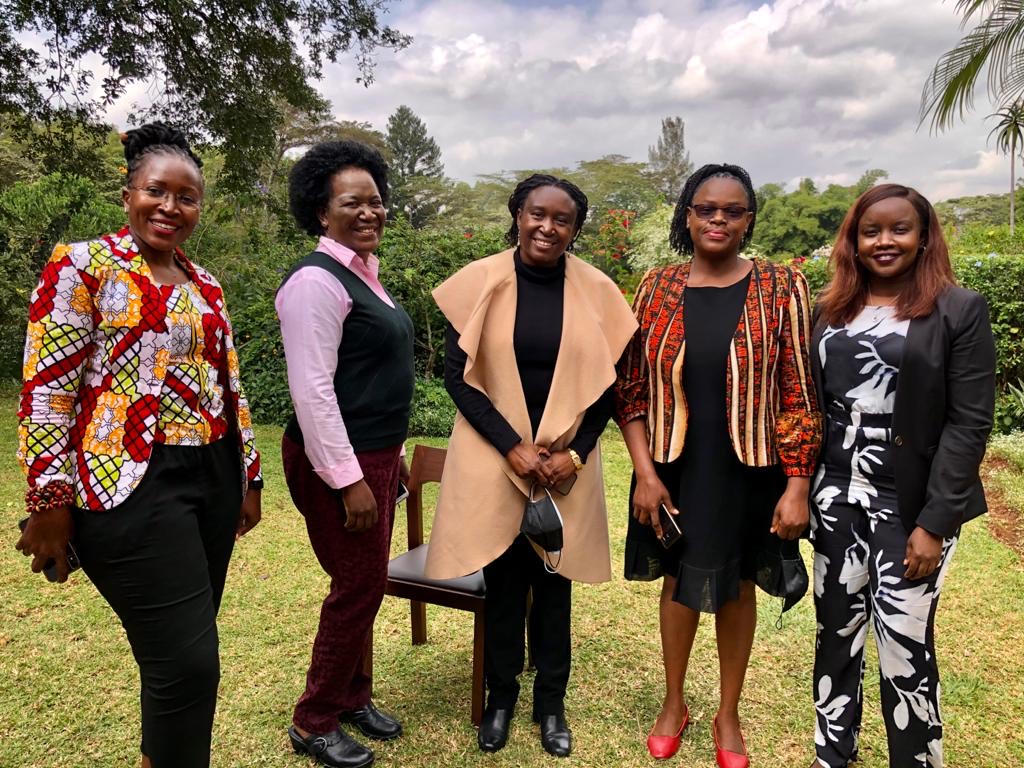 Pamella Sittoni. PHOTO/COURTESY
Pamella Sittoni. PHOTO/COURTESY
“I was humbled by the glowing citation extracted from the nomination documents sent by a senior woman journalist who had never worked directly with me. It detailed my leadership style from the accounts of some of my colleagues. Presented by the World Association of News Publishers (WAN-IFRA), the global association of the world’s press, this award won me global recognition and has opened doors to countless opportunities.”
Pamella Sittoni has been privileged to participate in two phenomenal leadership development programmes, the UNICEF Leadership Development Initiative and the Aspen Global Leadership Network, from which she picked up crucial lessons in leading self, leading others and leading organizations.
She shared how the following have impacted her career and personal life.
• Taking on challenging roles: This is the only way to grow. You can’t run on the spot and expect to move forward. So I push myself; I take on more initiatives, and I’m always learning.
• The power of forging networks and alliances: I’m not very intentional about forging networks (contrary to textbook advice). But as I’ve grown in my career, these networks have evolved organically over time and I have a strong network of professional colleagues and associates. I invest time and energy in maintaining these networks and alliances, and I don’t burn bridges. This would probably explain why my first employer reached out to me ten years later.
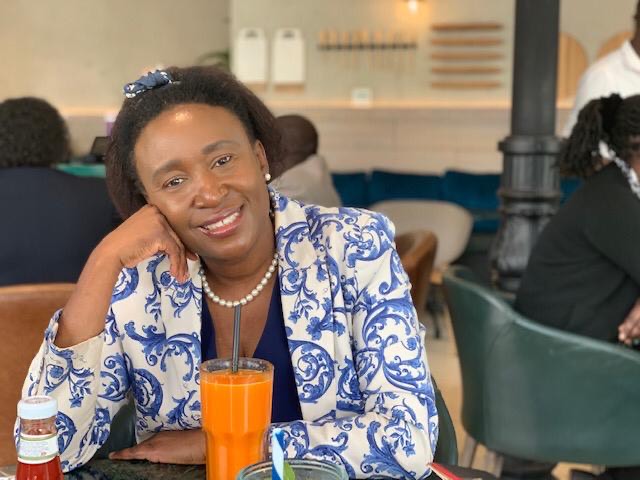 Pamella Sittoni. PHOTO/COURTESY
Pamella Sittoni. PHOTO/COURTESY
Networks have come through for me in most unexpected ways. My selection to the board of the World Editors Forum in 2019 is one such case. I know it came from a recommendation from high up the professional ladder. I try to give to them more than I draw from them. Like respect, I believe these have to be earned, not created. Perhaps that is why I’m rather private and reserved.
• Mentorship: On getting a mentor and mentoring others: I have several people I consider my mentors in the profession, in leadership and even in my personal life. We haven’t had structured sessions as such, but we have meaningful engagements every so often.
• Trusting your voice and decisions: This is what every leader must do. I pray about this every morning for God to give me the wisdom to make the right decisions.
She had the following three powerful life lessons for women in their 30s about shattering the glass ceiling:
• See the professional space as gender-blind. It is not as easy as it sounds because women tend to wear the gender badge all the time. I’m always aware that the people around me see a woman first, and I surprise them by proving that my work has nothing to do with gender.
• Success in the professional space is a combination of many factors, and expertise is the basic. One must add to this, emotional intelligence; values like honesty, integrity and courage; and visionary leadership.
• Don’t ever stop being you. I couldn’t say this better than one of my leadership mentors put it: “It is important to create a harmony between the way you present yourself to the world and the way you know yourself to be.”
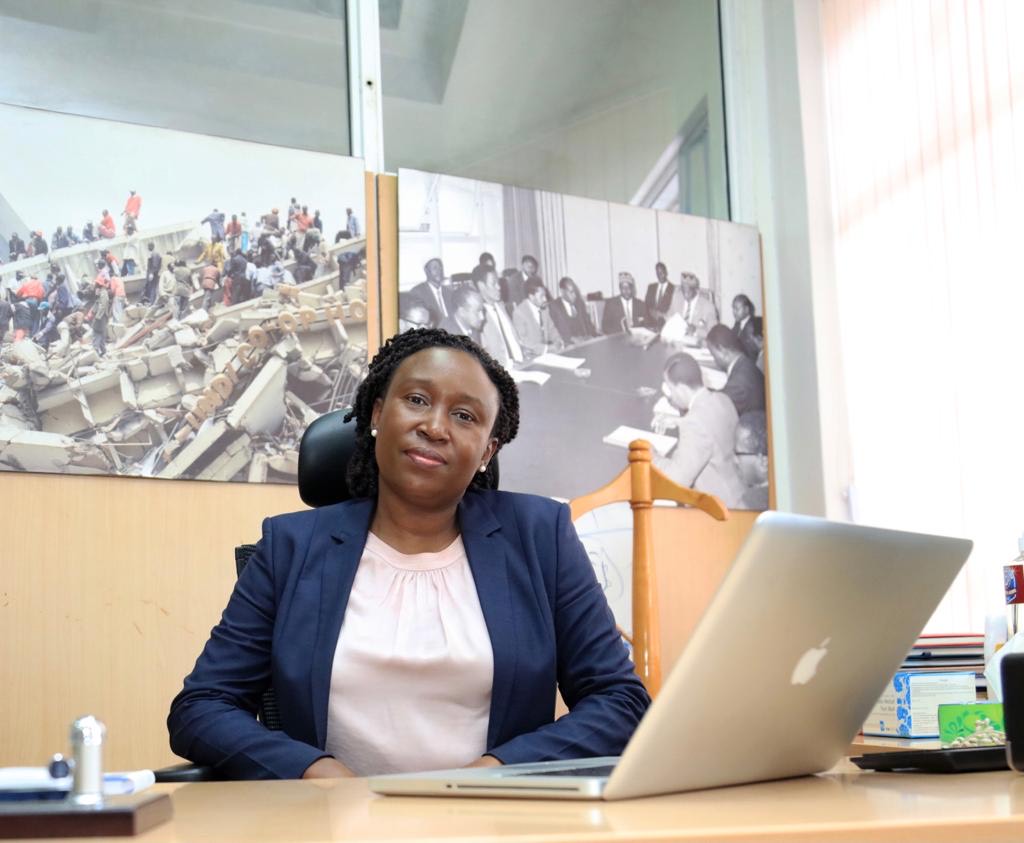 Pamella Sittoni. PHOTO/COURTESY
Pamella Sittoni. PHOTO/COURTESY
Pam also shared the two most important values she swears by and have shaped her work and life.
“Integrity and fairness: I live these every day and they have made me who I am. They are also the two values I find lacking most in the world, particularly in Kenya.”
So, what does the future look like for women in the newsrooms, according to Pam?
“With digital technology, the media space has become quite versatile, with a myriad of opportunities. The traditional structures which limit women’s participation in media, such as ungodly working hours, stereotypes and cultural biases, will no longer determine how far women can go.
“Success for women in this profession will depend on how well they skill themselves for the digital world and apply themselves and their journalism. Lastly, the more women take up leadership roles in newsrooms, the more our young girls will find role models.”
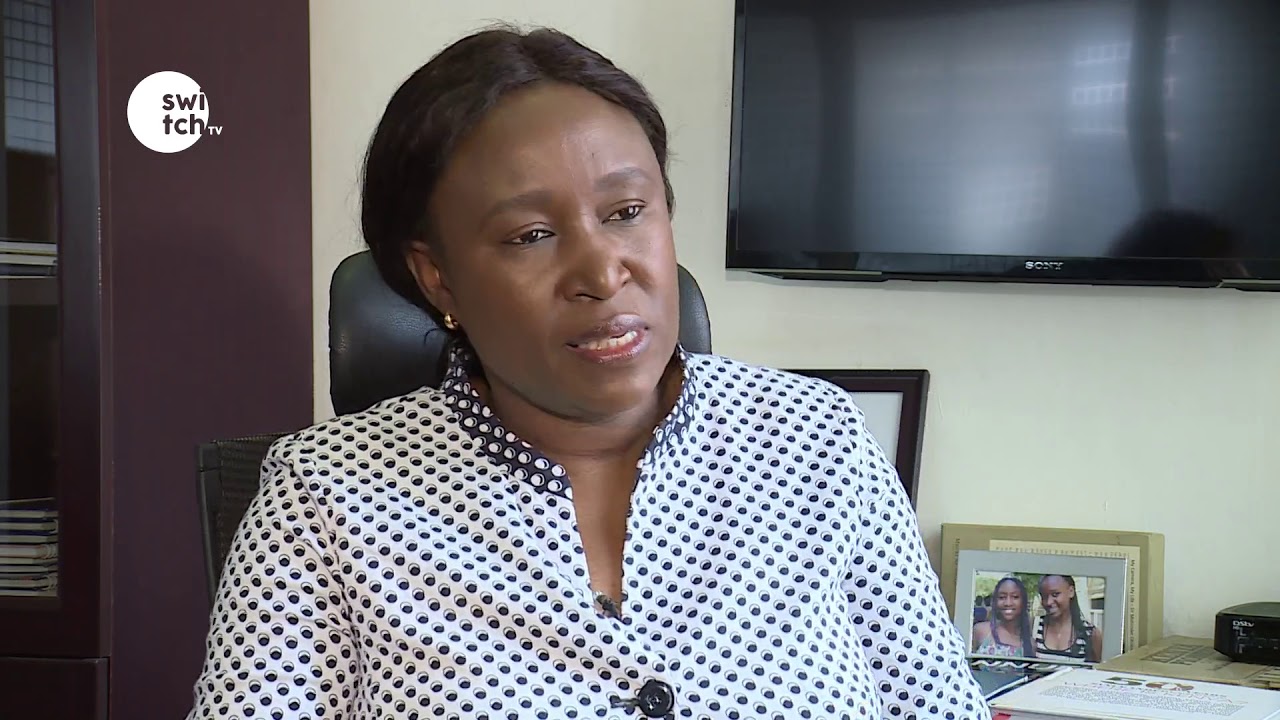 Pamella Sittoni. PHOTO/COURTESY
Pamella Sittoni. PHOTO/COURTESY
In her parting shot, she went back to her childhood and how she was brought up.
“Who we become depends a lot on how we were raised — the things your parents and relatives said to you as you grew up, and the kind of childhood setting you grew up in. I was lucky to have parents who instilled in us a sense of equality of the sexes from a very early age. My mother always reminded us that the only thing our brothers (older) beat us at, was physical strength; otherwise, we had the same brainpower.
“It is the same way I have raised my daughters. We made a deliberate decision to take them to mixed primary schools so they could learn to compete with boys early. Minor decisions like this go a long way in shaping girls’ perceptions. I think this is really important to keep in mind as we raise the next generation of women.”
Interview by: Patience Nyange and Esther Kiragu

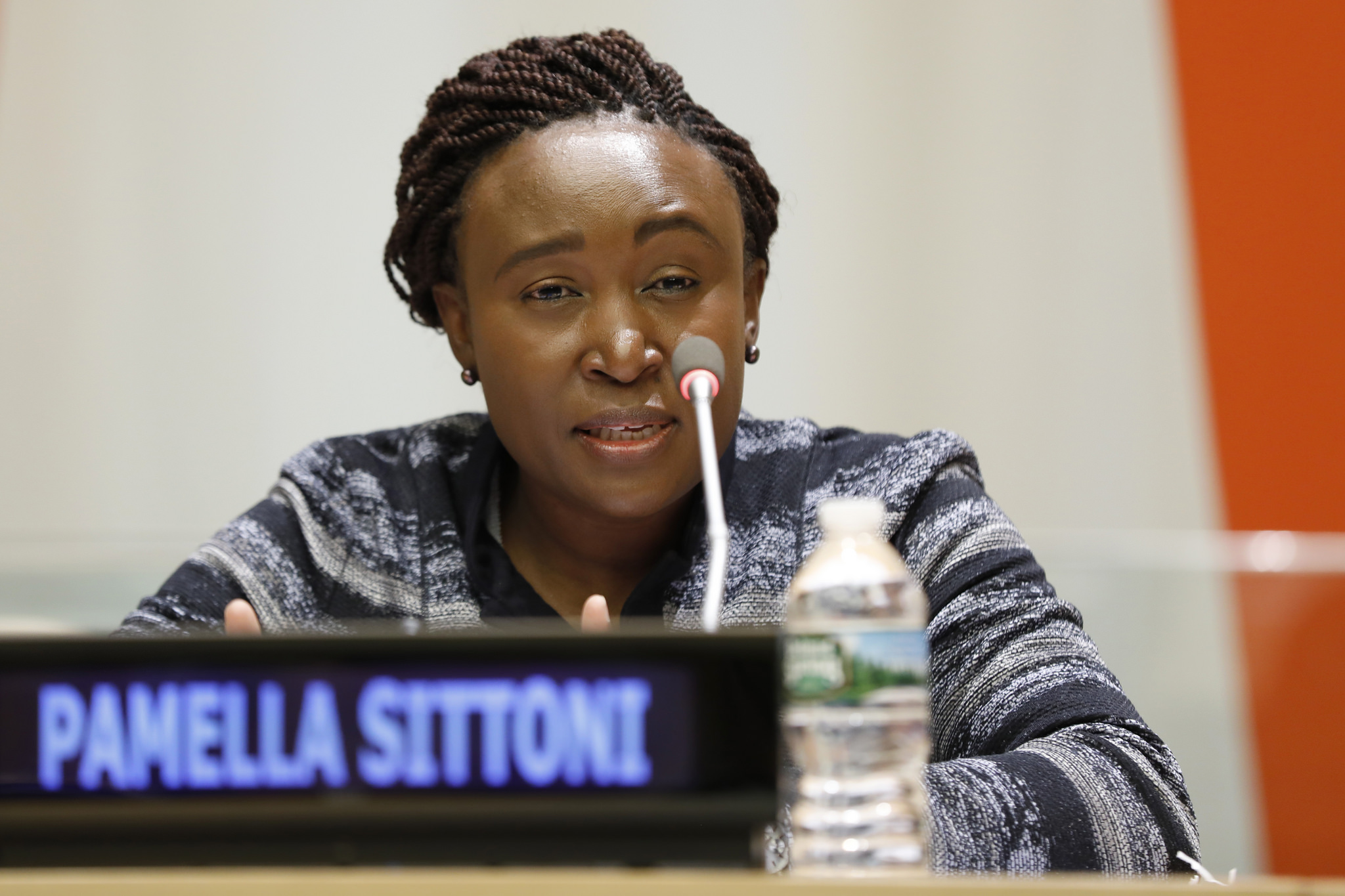
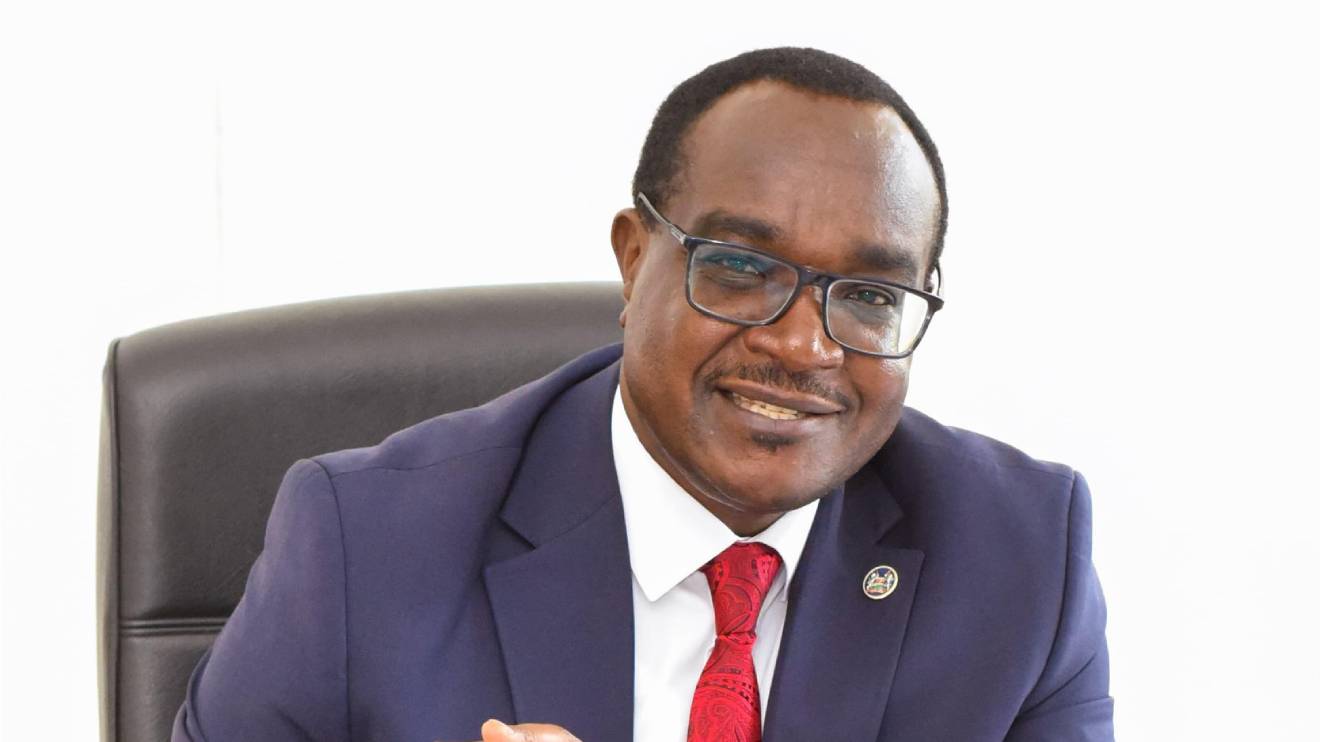
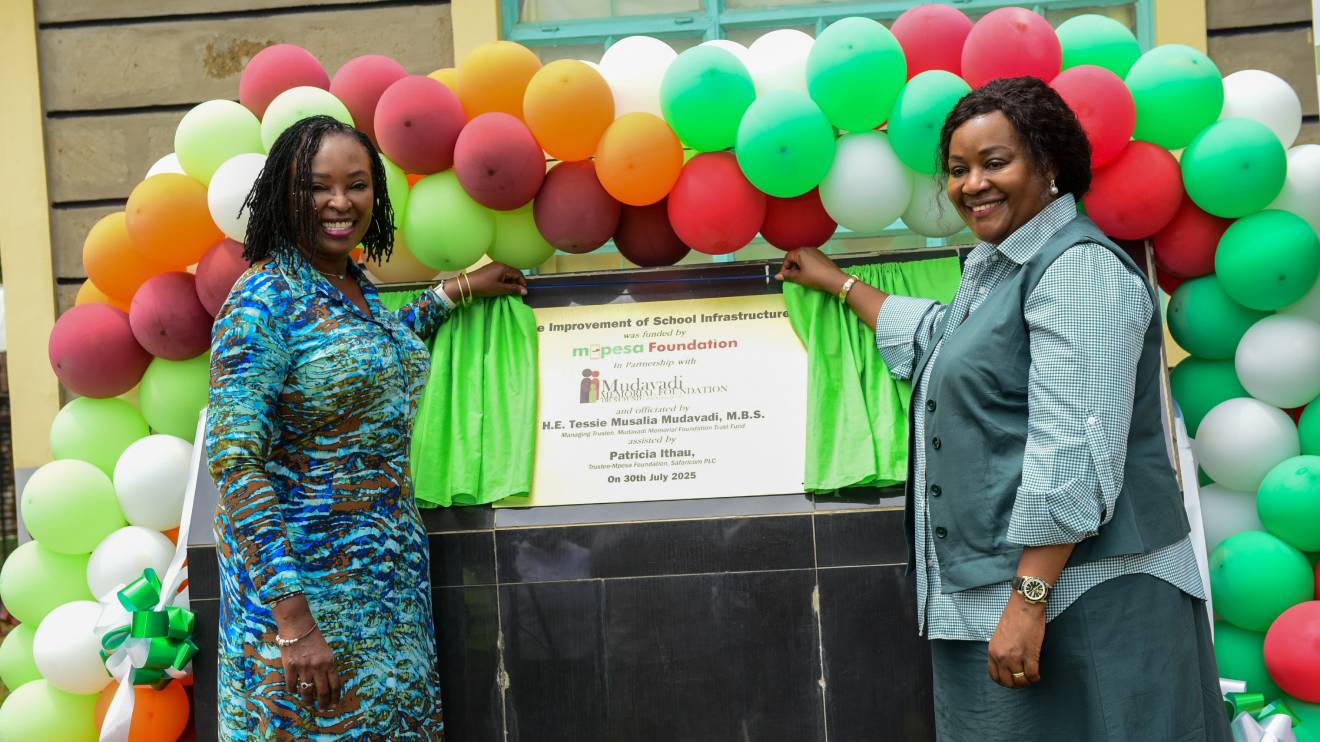
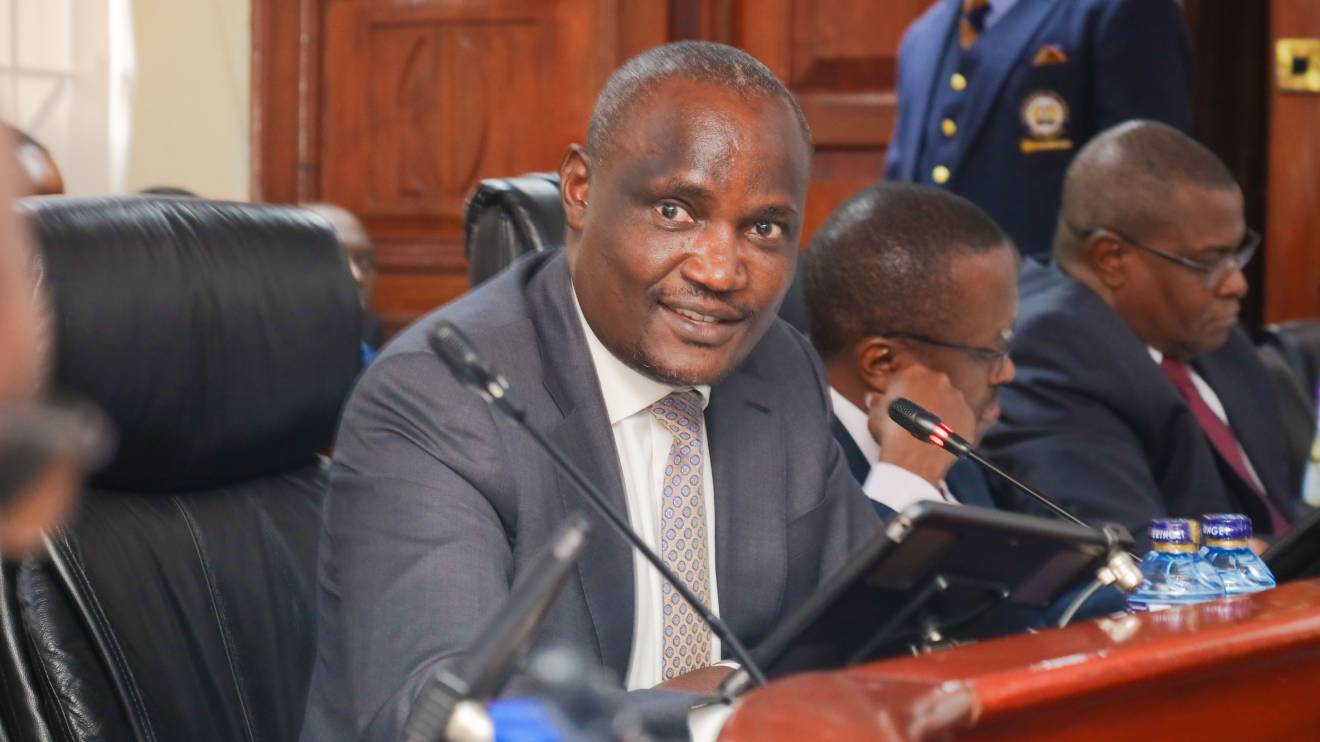
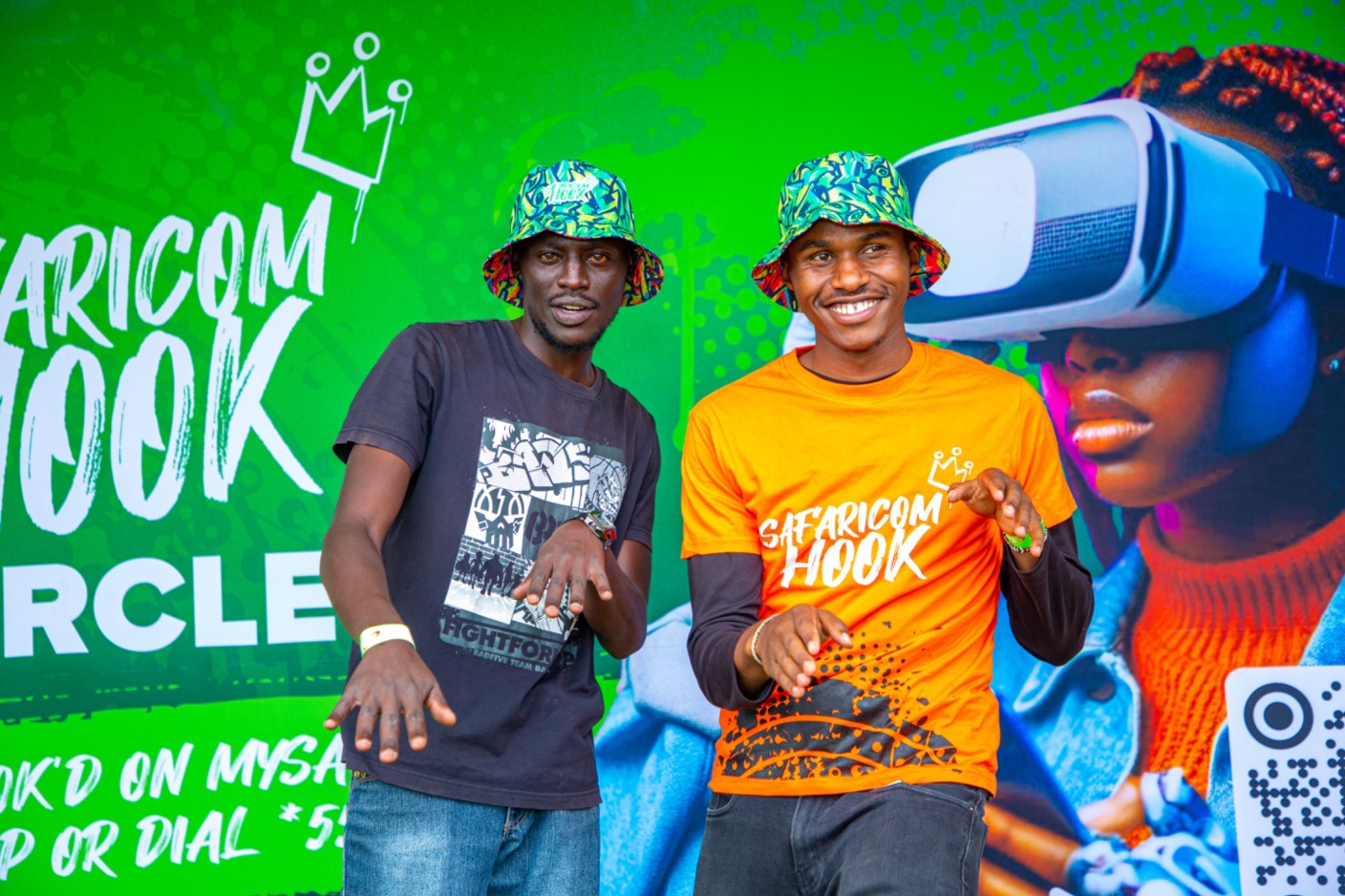
-1752797011.jpeg)
-1756917651.jpg)


